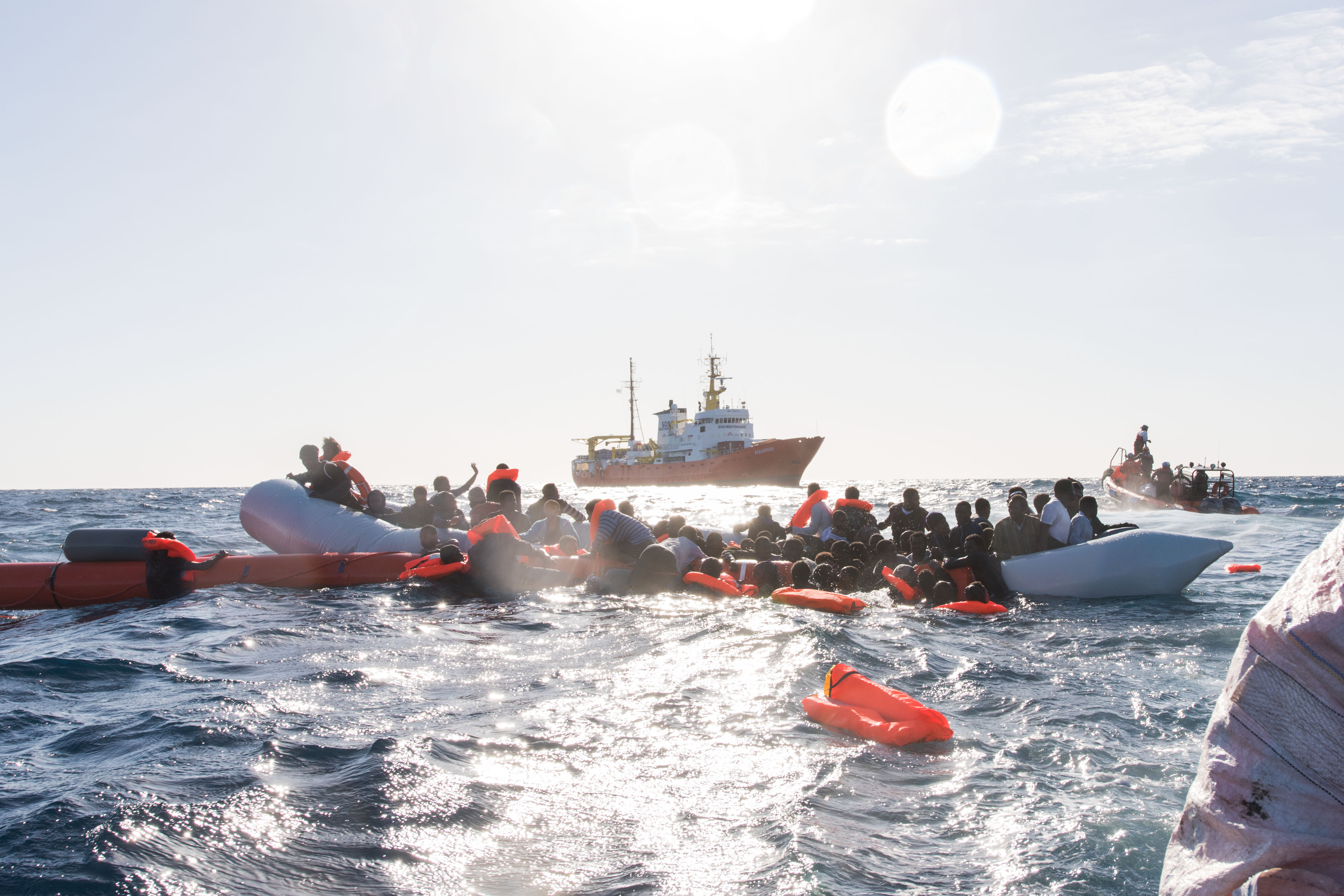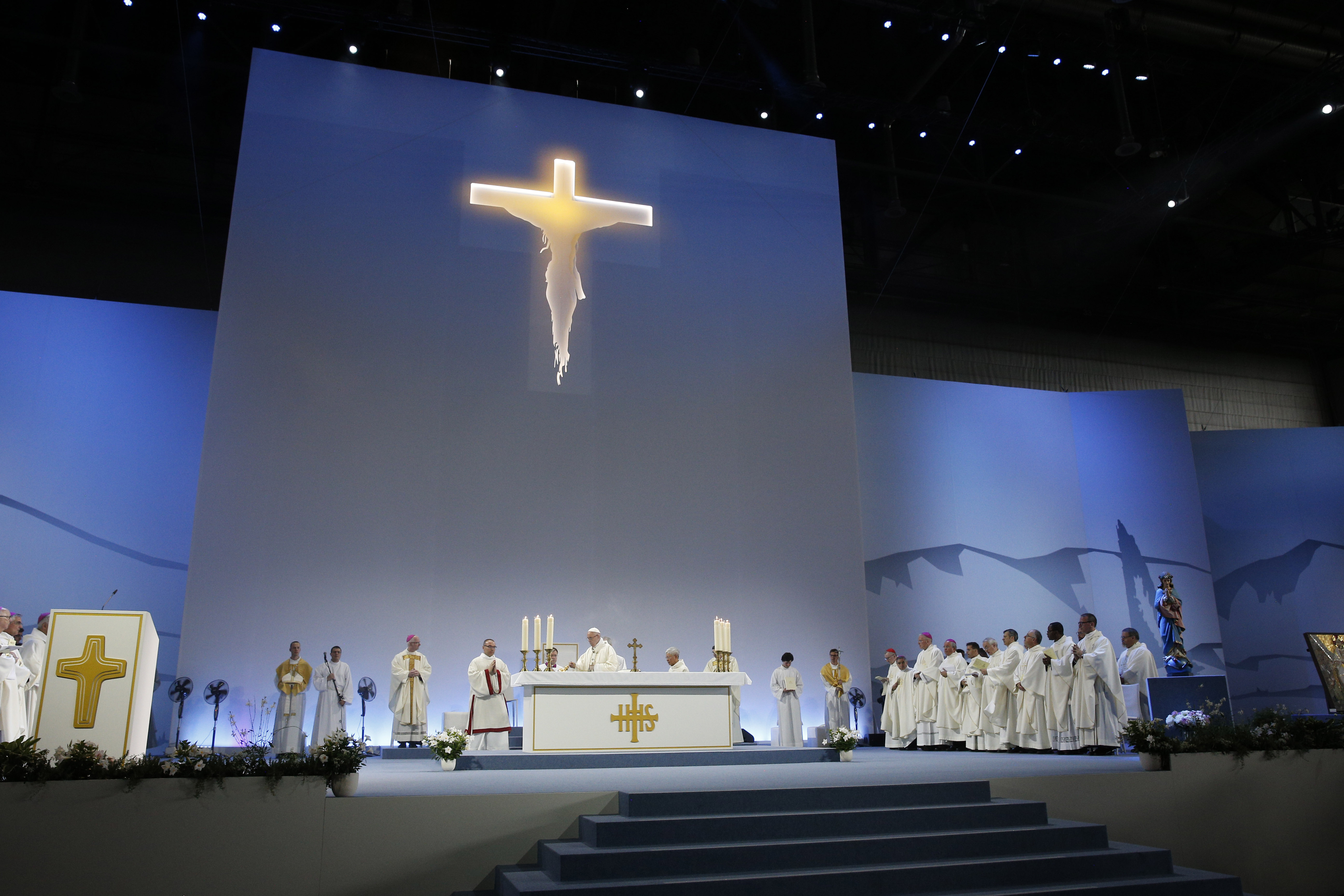The visit this week to Geneva by Pope Francis, on the occasion of the 70th anniversary of the World Council of Churches, is a milestone that will mark the path of Christian unity. We, the brothers of Taizé, rejoice because we are close both to the Pope and to the WCC.
The World Council of Churches and our community were born in the same period: Taizé at the beginning of the Second World War, the WCC shortly after its end. In the middle of the twentieth century, their respective founders were animated by the same passion for unity. They had the vision, for the separated Churches, of a new step to be taken, toward communion and fraternity among Christians, peace on earth beyond the conflicts that had torn the world apart. Following them, both in Geneva and Taizé, we try to keep this flame alive and burning.
Pope Francis, since the beginning of his ministry, has spared no effort to revive the desire for unity. I can testify to that because I have had the opportunity to talk to him every year. On the occasion of the 500th anniversary of the Protestant Reformation, he went to visit the Lutheran Church at Lund in Sweden. There, I was deeply moved to hear him “gratefully acknowledge the gifts that came to the Church through the Reformation.” By saying this he applied to the Reformation what he had already said in a more general way about ecumenism: “It is not only a matter of receiving information about others so as to know them better, but of harvesting what the Spirit has sown in them as a gift that is also for us.”
In this perspective, here are some points that the visit of the Pope to Geneva could help Christians to reflect on:
– What gifts can we receive from others? Because of the historical and theological development of their churches, and by choices of conscience, not all Christians live their faith in the same way. Rather than being a source of opposition, how can these differences become sources of mutual enrichment?
– Unity does not imply uniformity in the practice of faith nor a levelling of convictions. But how can we ensure that the respect of a healthy diversity never diminishes the dynamic of unity?
– In many parts of the world today, national affiliations, the affirmation of distinct identities, can seem to outweigh a sense of belonging to the same human family. By their unity that transcends borders, can Christians succeed in showing that we all need each other?
– The Week of Prayer for Unity, which takes place every year in January, is one of the occasions for Christians to meet. But such occasions are too few and far between. Could other opportunities be found to “gather under a single roof,” to pray together and practice sharing? For an exchange of gifts between Christians to materialize, let us come together more often in prayer, listening to the Word of God, in silence and sharing!
– For the high points in the life of our Christian communities, we should not forget to invite other Christians. Let us do together everything that we can, and not do anything without thinking of others. On every occasion, a genuine ecumenical question could be: who is missing at this moment from this fraternal table, because we have failed to invite them?
Christians lose credibility when they speak of a God of love while remaining separated. In the past, in the name of the truth of the Gospel Christians have become divided. Today, in the name of the truth of the Gospel, it is essential that they be reconciled. May the Geneva meeting invite all Christians to build, along with others, a civilisation based on trust.



 Loading ...
Loading ...
What do you think?
You can post as a subscriber user ...
User comments (0)